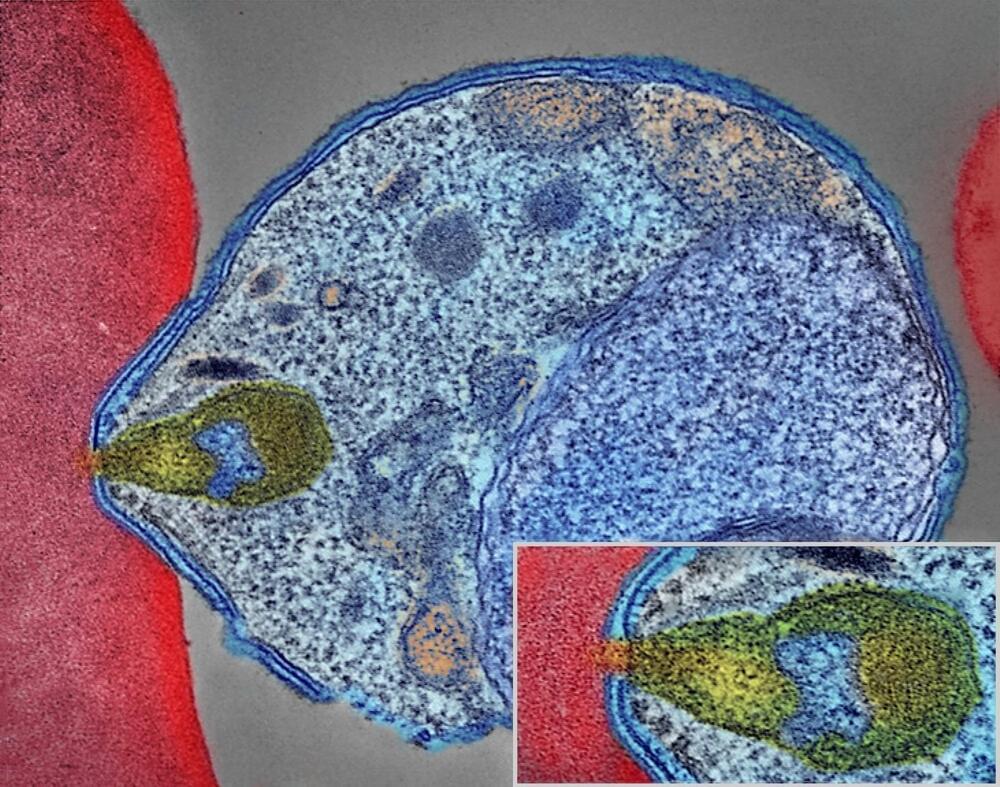The godfather of vaccines discussing the future of vaccinology — dr. stanley plotkin, MD.
Dr. Stanley Plotkin, MD (https://en.wikipedia.org/wiki/Stanley_Plotkin), is an American physician, scientist, and scholar, who in the 1960s, while working at Wistar Institute in Philadelphia, played a pivotal role in discovery of a vaccine against rubella virus (which is now used worldwide as a key component of the MMR vaccine), and has worked extensively on the development and application of a wide range of other vaccines including those for polio, rabies, varicella, rotavirus and cytomegalovirus (https://www.epiv.eu/).
Dr. Plotkin graduated from New York University in 1952 and obtained a medical degree at Downstate Medical Center in Brooklyn. He was a resident in pediatrics at the Children’s Hospital of Philadelphia and at the Hospital for Sick Children in London.
In 1957, Dr. Plotkin served in the Epidemic Intelligence Service of the Centers for Disease Control (CDC) of the U.S. Public Health Service for three years and then served as a member of Wistar’s active research faculty from 1960 to 1991.
Today, in addition to his emeritus appointment at Wistar, Dr. Plotkin is emeritus professor of Pediatrics at the University of Pennsylvania (https://www.med.upenn.edu/apps/faculty/index.php/g275/p1554), and works as a consultant advising vaccine manufacturers, biotechnology firms, non-profits and governments.







